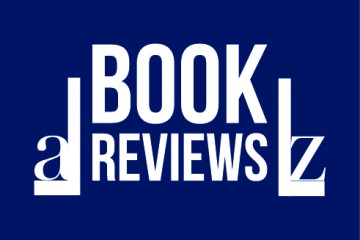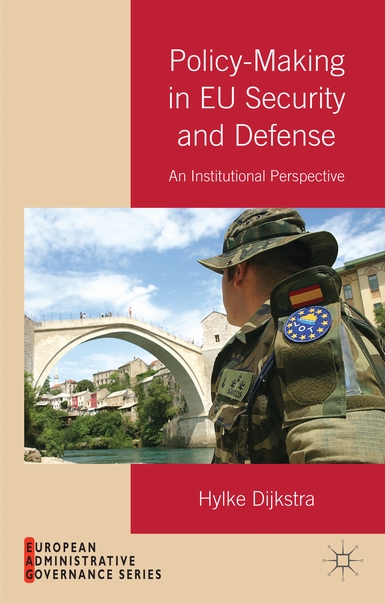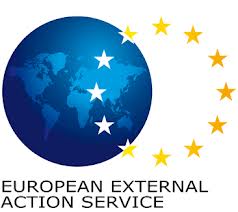
International organisations on the loose? Sovereignty and international military operations
Dr Hylke Dijkstra has recently published a new book entitled International Organizations and Military Affairs (Routledge, 2016). This book represents the first comparative study of the politics behind the scenes at the United Nations, NATO and the European Union concerning the use of military force. It is also the result of a research project carried out at the DPIR in Oxford. DPhil candidate Dana Landau interviews him on the most pertinent questions that arise from his work.

Policy making in EU Security and Defense: A Q&A with Hylke Dijkstra
Hylke Dijkstra, a Marie Curie fellow here in Oxford, has brought out a book that is of considerable contemporary interest as the EU struggles to relocate itself more firmly in the world not only of economics and finance, but of international relations. Congratulations to him!
Security has been a catch-phrase for our times. Military, civilian, human, legal, economic, environmental? Delivered by states, institutions, by NGOs, by citizens, by armies or judges? The term has been defined almost to ‘meaningless-ness’. Classical defence debates have virtually disappeared from our vocabularies. And no roomful of political scientists could ever agree on an exhaustive list of what the most important security and defence threats actually are. So Dijkstra’s book is an ambitious one.

EU Reform: Five recommendations for the European Foreign Service
With the Lisbon Treaty, the member states of the European Union (EU) established a European External Action Service (EEAS), otherwise known as the ‘European foreign service’, consisting of several thousand officials drawn from the EU institutions and national diplomatic offices. The EEAS has existed since January 2011 and falls under the authority of the EU High Representative Lady Ashton. In addition to the Brussels headquarters, there are some 140 EU delegations (‘embassies’) in other countries. This spring, there will be a formal review. The mid-2013 review of the EEAS, as it is called, presents an opportunity to improve the current structure. Catherine Ashton should use the momentum of this review to make the EEAS a more effective international actor. The EEAS will be an important part of her legacy after she resigns as High Representative next year. I have five recommendations.










